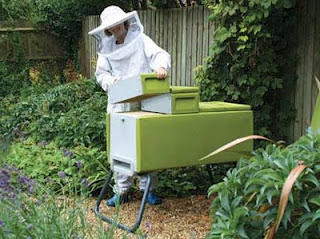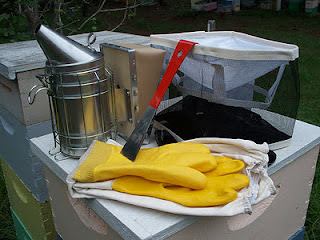1. web search :
You will find a variety of quality resources for any thing you need about bee keeping information, essential bee keeping supplies and equipment on the internet.
You will you find not only online guides and virtual communities of beekeepers from around the world, but you will also find suppliers for everything from the bees themselves to different styles and designs of artificial hives.
Being a member of an online community or forum will help you to get access to important knowledge and great useful information on bee keeping supplies and providers of bee keeping supplies. Whether the suppliers are located in your local geographical area or around the world, other beekeepers can be an excellent source of quality referrals on well established and reputable bee keeping supplies houses.
3. Consult Your Beekeeper's Guide :
You should own at least one beekeeper's guide or have at least found a good one available online even if you did your internet research well and became a successful beekeeper.
These beekeeping guides can be very helpful in finding bee keeping supplies as they usually had written by good experienced beekeepers that have purchased bee keeping supplies through various avenues over the years and already been through the successes and failures of early endeavors.
4. Subscribe to Magazines and Trade Catalogues :
These print sources concerning about bee keeping supplies can be a great place for finding suppliers of bee keeping supplies and wares.
You will find not only ads for suppliers, but there will be articles on various bee keeping supplies topics to further your knowledge and understanding of best practices as well.
So it is important way to remain current in beekeeping practice is to subscribe to trade catalogues and magazines on that topic.
5. Contact Your Local Agricultural Extension Office :
Local agricultural extension offices have increased their bee keeping supplies resources to fight bee diseases and pest infestations that affecting bee population as Honey bees perform essential functions in agriculture, primarily the pollination of crops.
Many local Agricultural offices expand their available resources to encourage more local hobbyists to participate in beekeeping efforts.



 18:15
18:15
 magdy elhalawany
magdy elhalawany









